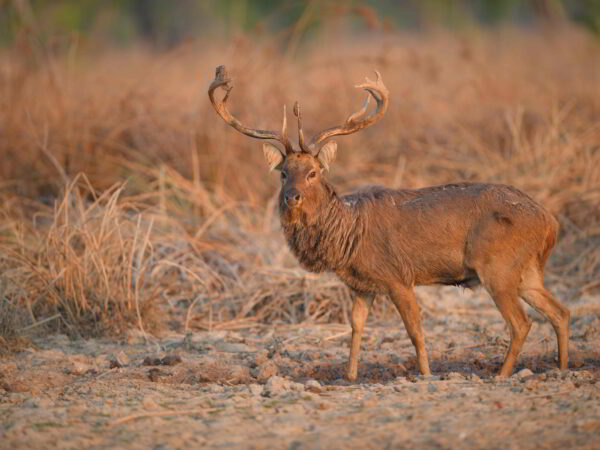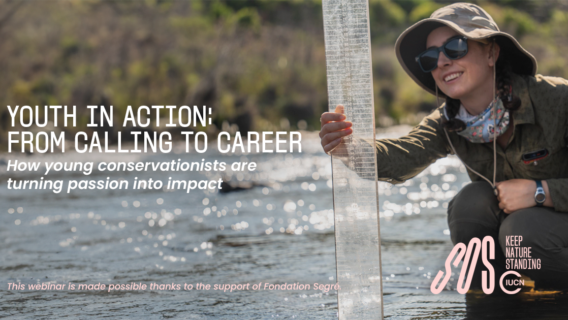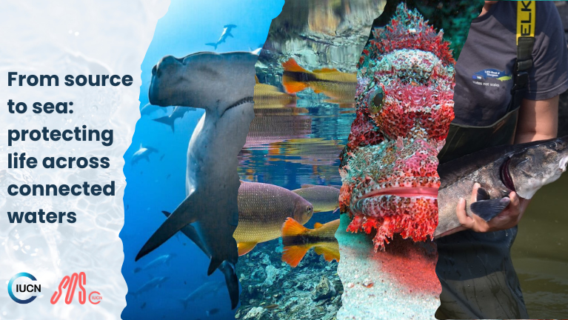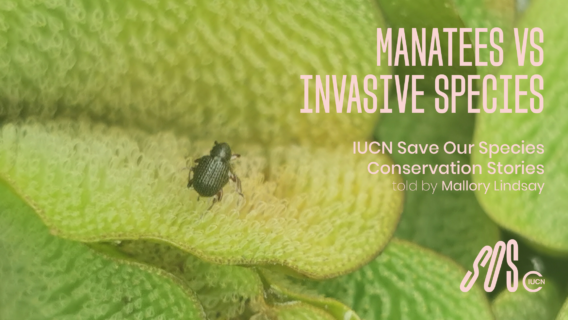
Sustainable livelihoods, sustainable wildlife: tackling the decline of wild ungulate populations in Siem Pang Wildlife Sanctuary, Cambodia
Project description
Siem Pang Wildlife Sanctuary (SPWS), located in northern Cambodia, spans 130,000 hectares (1,300 km²) of deciduous dipterocarp and semi-evergreen forest.
Wild large ungulate species, once abundant across the country, have suffered a catastrophic collapse since the late 20th century, along with a drastic reduction in their range. This decline is driven by multiple, interconnected factors, including habitat loss and fragmentation, land conversion, poaching, and the widespread snaring crisis in Southeast Asia. These threats are further compounded by socio-economic challenges such as poverty and limited awareness of wildlife conservation within local communities.
Threats

Climate change

Habitat loss & degradation

Poaching
This project seeks to ensure the long-term protection of Eld’s deer, Banteng, Gaur, and Sambar populations in Siem Pang Wildlife Sanctuary by working in close collaboration with local communities to conserve critical habitats and mitigate the threats these species face.
Project objectives
-
To restore and maintain key water sources within Siem Pang Wildlife Sanctuary by rehabilitating degraded waterholes, ensuring reliable access to water for wild ungulates and enhancing their habitat resilience in the face of climate change.
-
To reduce poaching and snaring through strengthened community-based patrols, addressing a critical threat to wild ungulate populations and promoting local stewardship of biodiversity.
-
To prevent the spread of livestock-borne diseases to wild ungulates by implementing a vaccination programme for domestic cattle in surrounding communities, thereby supporting both wildlife conservation and local livelihoods.
Project activities
-
Five forest trapeangs will be deepened and enlarged through manual digging, improving water availability for wildlife and domestic cattle—particularly during the dry season. This intervention will directly benefit local communities and increase the climate resilience of both wild and domesticated animals.
-
Scouts recruited from local Kavet and Lao ethnic minorities (with 50% women’s participation) will continue to conduct regular patrols to remove snares and deter illegal hunting. These efforts directly reduce threats to wild ungulates and support long-term conservation.
-
Vaccinating domestic cattle minimises the risk of disease transmission to wild ungulates, improving their overall health and survival rates. The project supports two annual vaccination drives against Haemorrhagic Septicaemia and Foot-and-Mouth Disease. In 2023, the team successfully vaccinated 4,319 head of cattle and buffalo belonging to 447 households across 14 villages in Siem Pang district.
This project is implemented by Rising Phoenix, Cambodia




